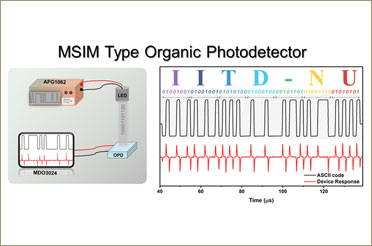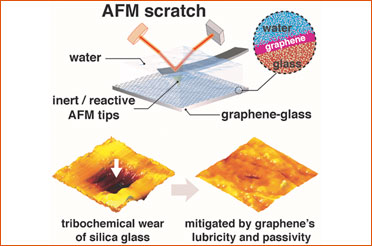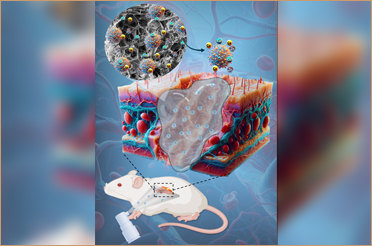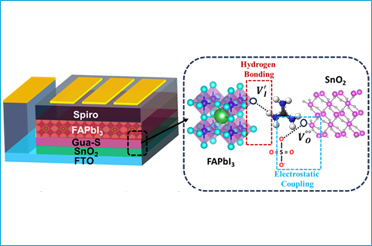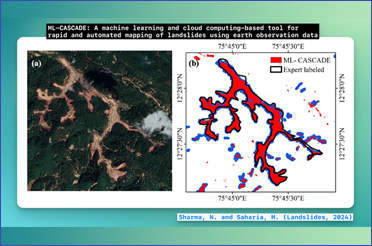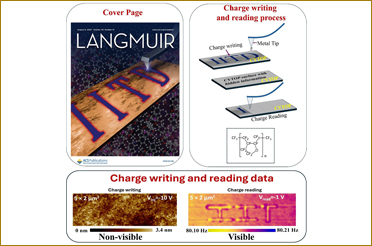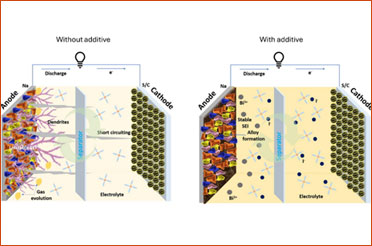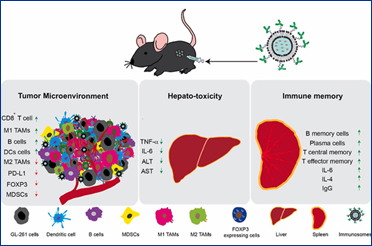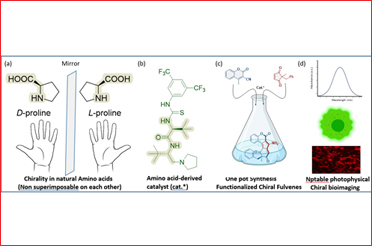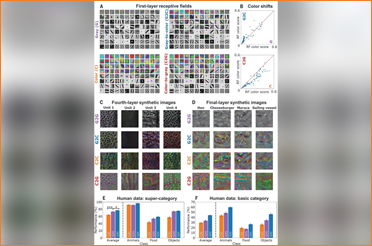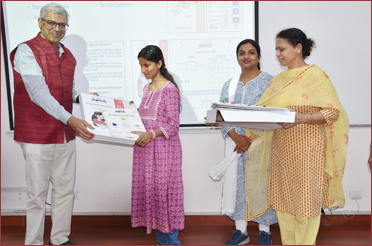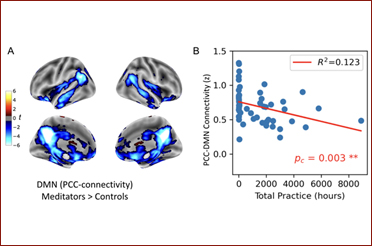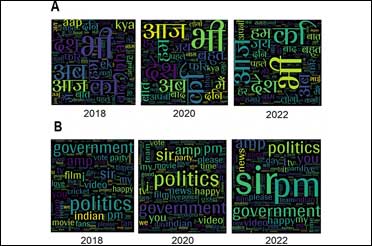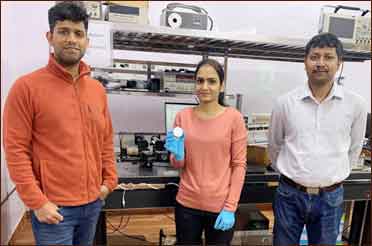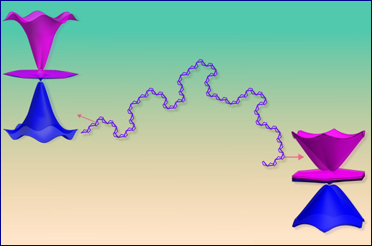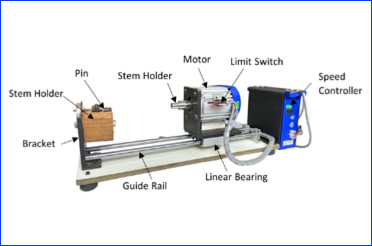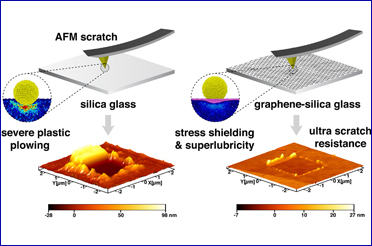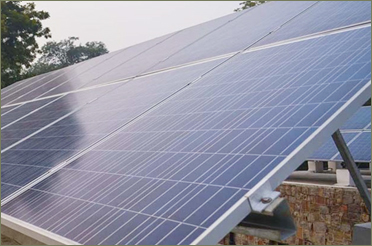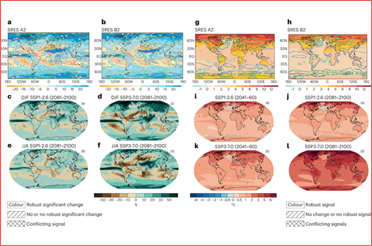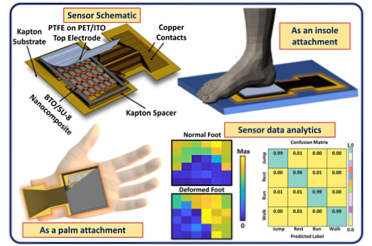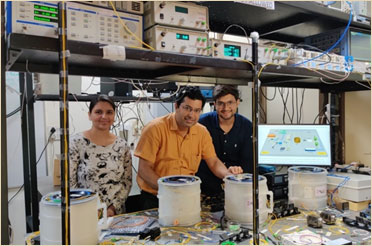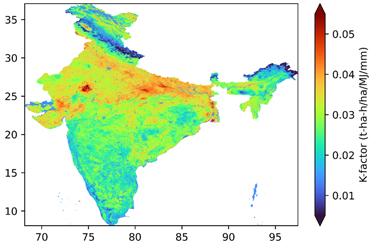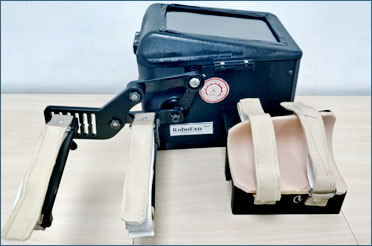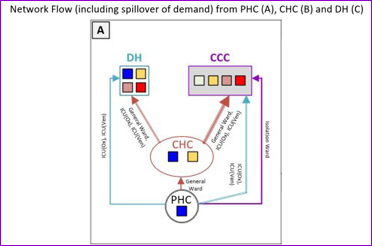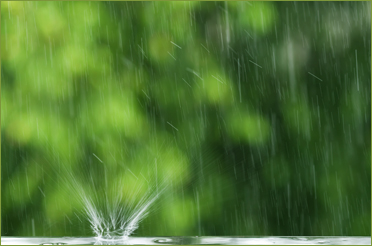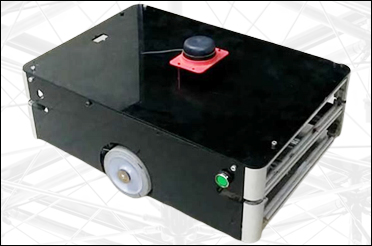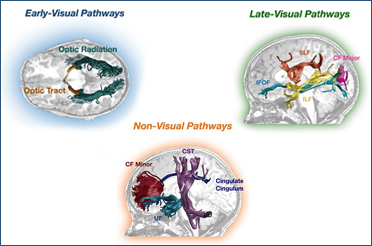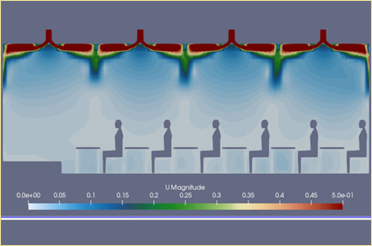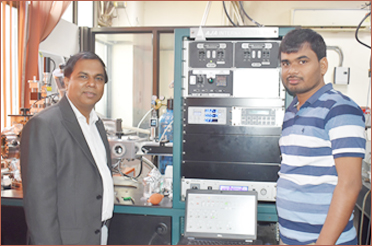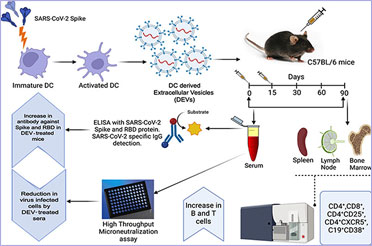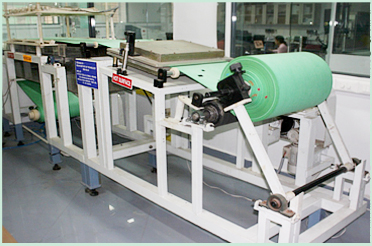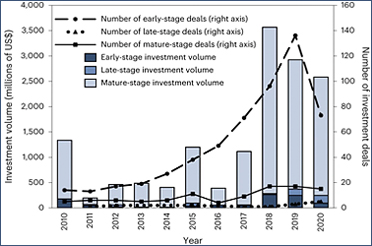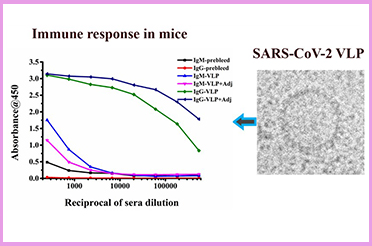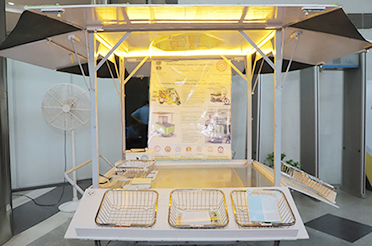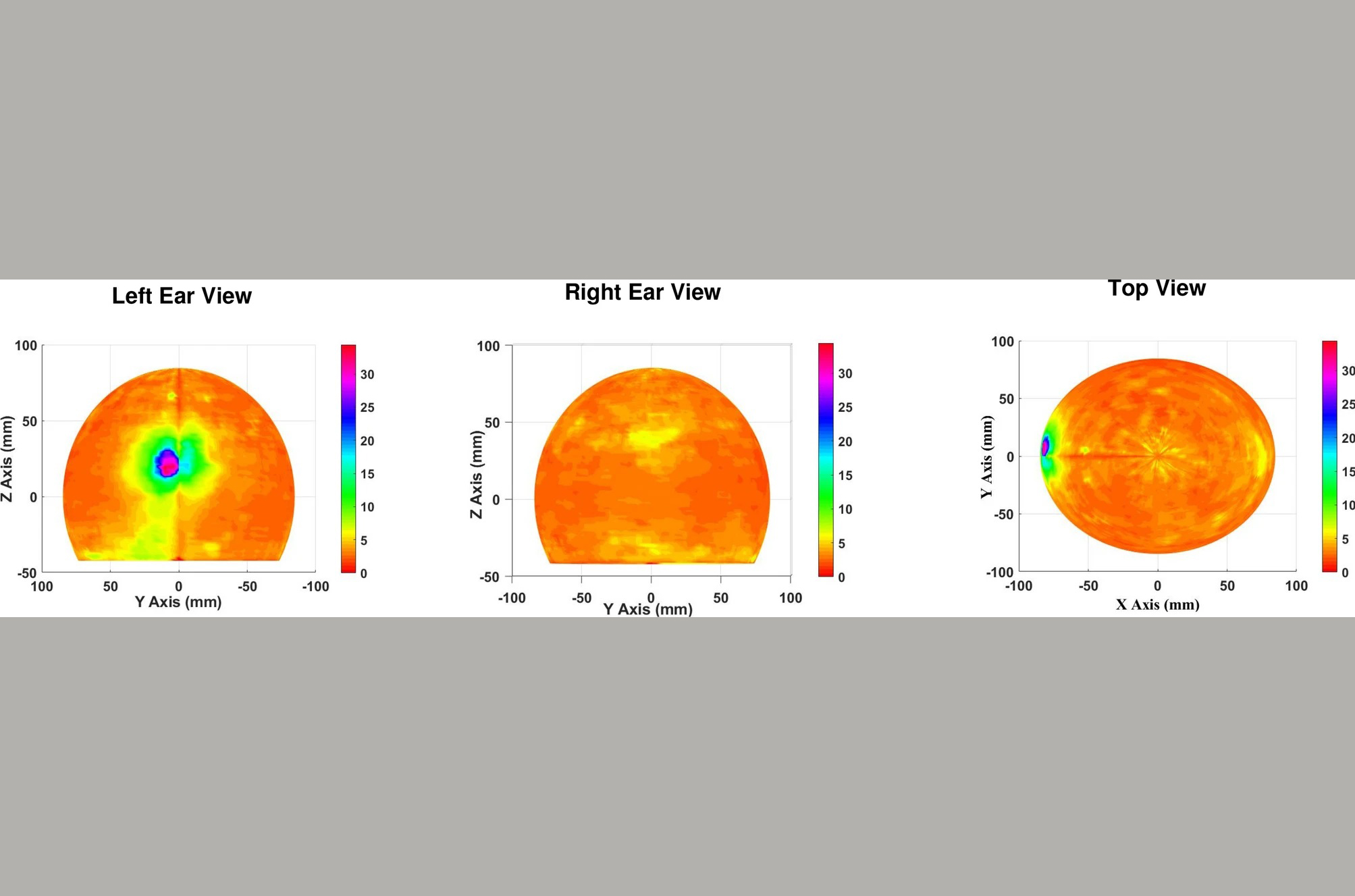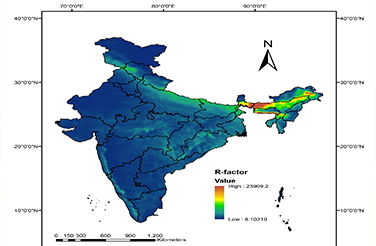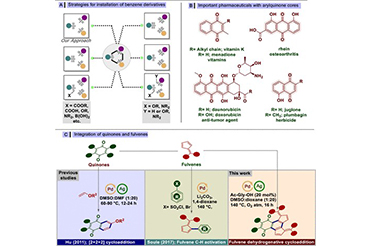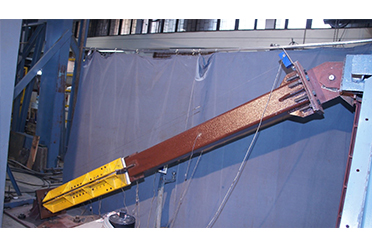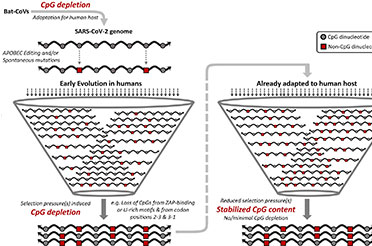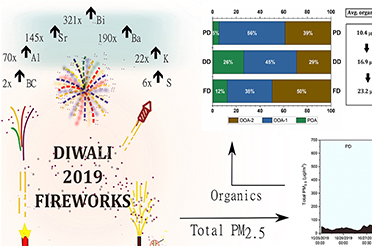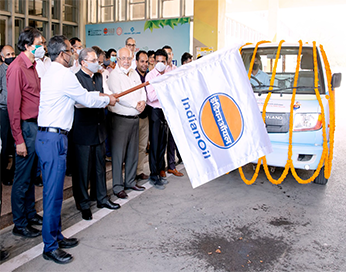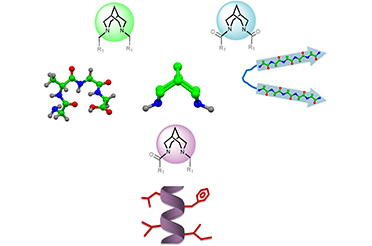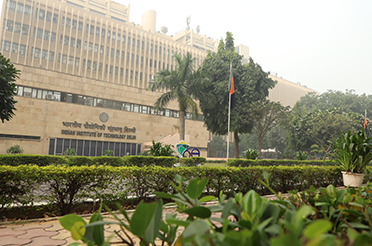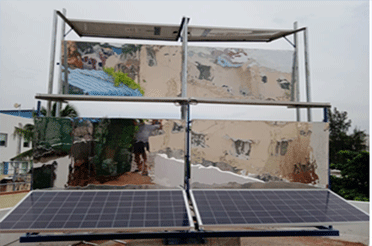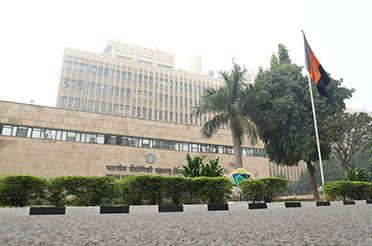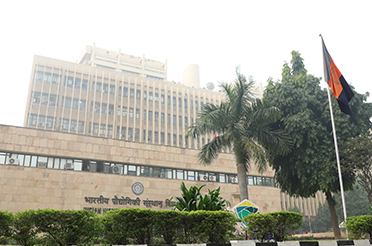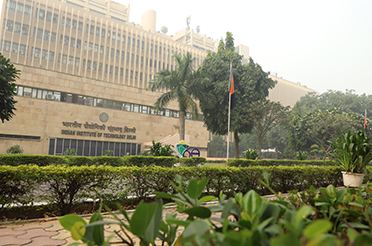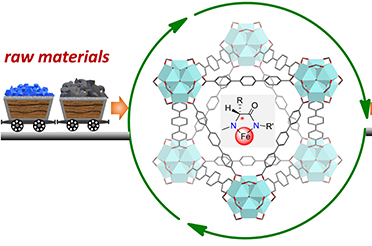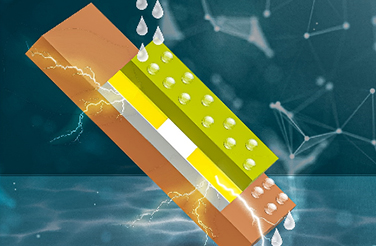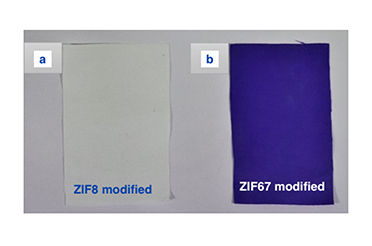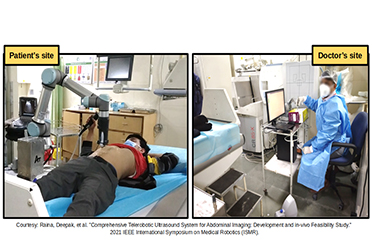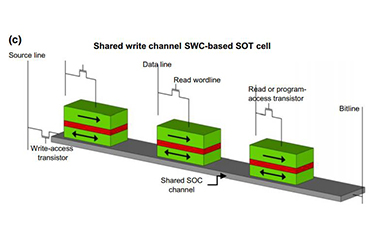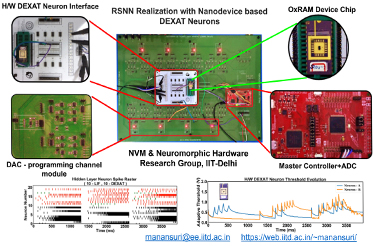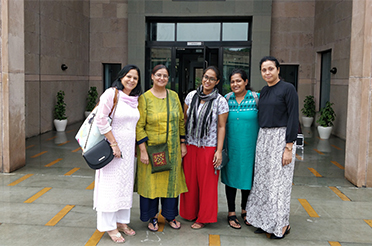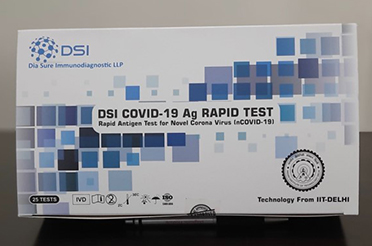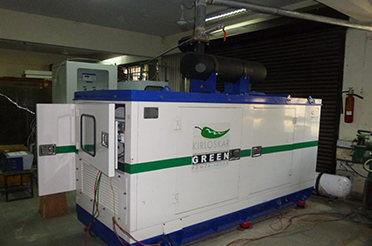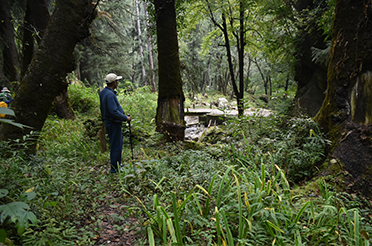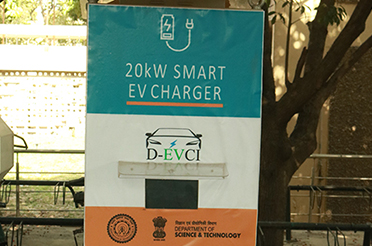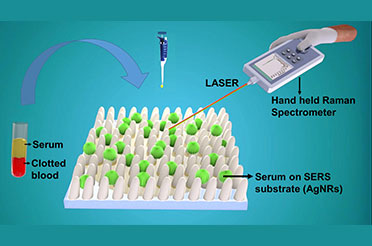Publish Date: December 11, 2023
Researchers Develop Real-Time Bioelectrochemical Sensor for Rapid Water Quality Monitoring
Share this on
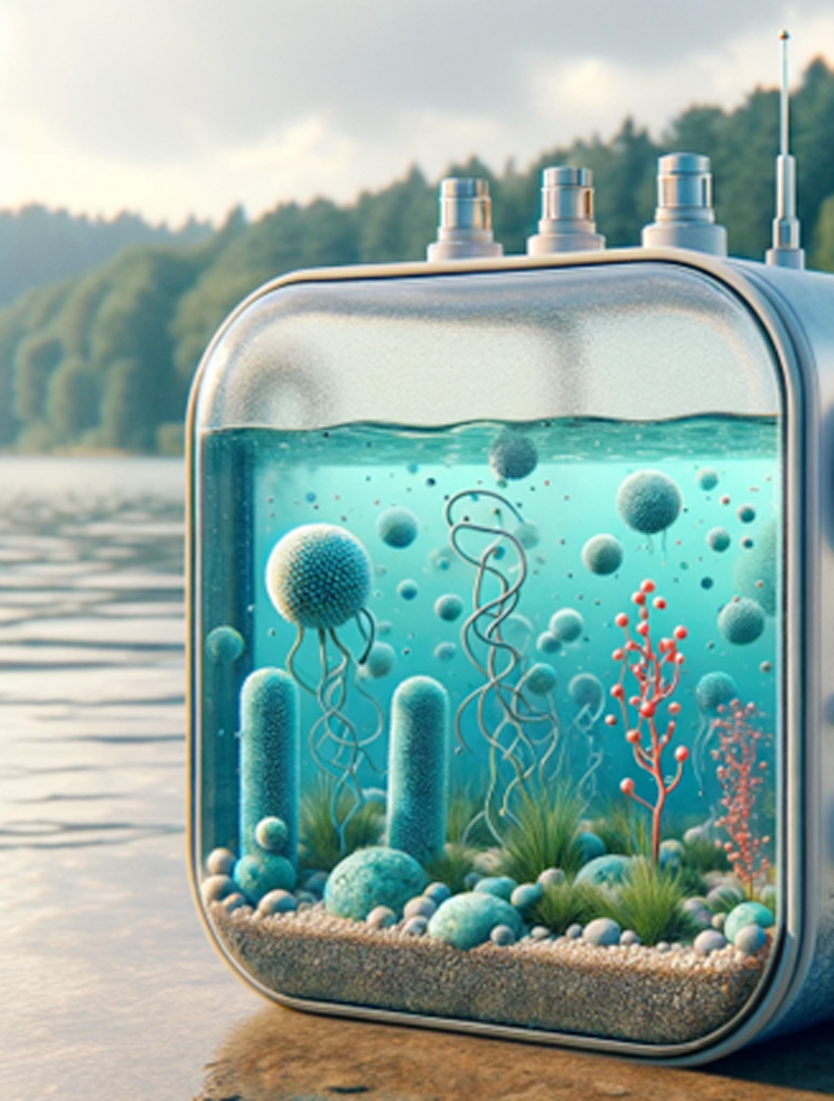
(Image: Representational concept of a bioelectrochemical sensor designed for water quality monitoring, featuring electroactive microorganisms. Image created by DALL-E 3)
New Delhi: The Electromicrobiology Group at IIT Delhi’s Department of Biochemical Engineering and Biotechnology has developed a sensor for real-time water quality monitoring using electricity-generating microorganisms. Known as "electroactive microorganisms", these microbes generate an electrical current and are widely researched for power generation but can also be used for biosensing.
Specifically, the bioelectrochemical sensor that was developed uses "weak electricigens", a category of electroactive microbes that are known for generating low levels of electricity. When the weak electricigens encounter a pollutant, their current output decreases. By measuring their extracellular current continuously, the approach facilitates real-time monitoring of water quality.
Such technology could act as an early-warning system to be used in tandem with conventional monitoring methods that can be expensive or not amenable to 24/7 operation. The sensor responded to a number of pesticides and could be used repeatedly for long-term monitoring, a crucial feature for areas frequently exposed to water contamination.
In the future, such technology may also be useful for detecting emerging contaminants that are not typically covered in routine tests. Many natural environments appear to host weak electricigens, raising the possibility of future on-site sensors as well as easy incorporation into existing monitoring stations. The findings have relevance to the widespread adoption of water quality monitoring that will be required to meet the UN's Sustainable Development Goal of sufficient water and sanitation by 2030.
The authors of the work were Dr. Kartik Aiyer (former Institute Postdoctoral Fellow), Ms. Debasa Mukherjee (Ph.D. scholar) and Prof. Lucinda Elizabeth Doyle (Assistant Professor) from the Department of Biochemical Engineering and Biotechnology, IIT Delhi.
The research paper, titled "A Weak Electricigen-Based Bioelectrochemical Sensor for Real-Time Monitoring of Chemical Pollutants in Water", was published in ACS Applied Bio Materials (published by the American Chemical Society) and can be accessed here: https://doi.org/10.1021/acsabm.3c00601.
ENDS
(More details of the Electromicrobiology Group's work can be found on Prof. Lucinda Doyle's website: electromicrobiology.in; For any query, please email at: lucinda@dbeb.iitd.ac.in )


